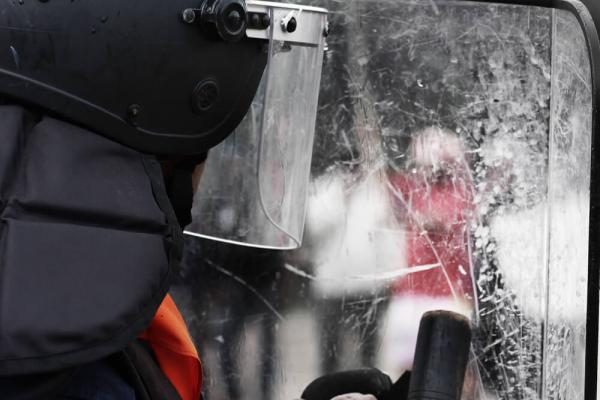In a moment, everything changed. Scores of police in military garb surrounded the crowd, firing tear gas canisters and rubber bullets. With nowhere to go, protesters poured into our synagogue and the neighboring church. We pulled them in and promised to keep them safe. Concern over property damage may have prompted the aggressive police response, but in our sanctuary, the protesters were our guests and were treated with respect.
Hate groups seized this opportunity to stir up more violence, challenging the police to violate the sanctuary and “gas the synagogue.” This truly horrifying slogan began circulating as a hashtag on Twitter, along with other racist and anti-Jewish statements.
Read the Full Article

